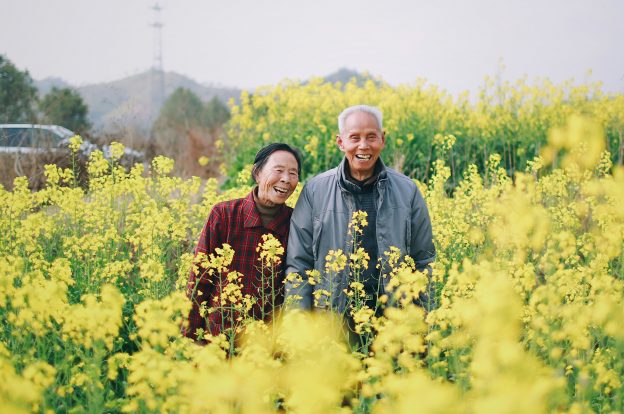The world we inhabit today bears little resemblance to the one of a century ago. Modern lifestyles, advanced construction technologies, and new building materials have reshaped our environment. Grain mills, wells, courtyards, and outhouses – once central to everyday life – are now relics of the past, replaced by skyscrapers, highways, and shrinking green spaces. Yet, despite these transformations, the natural forces that shape our lives remain constant. We still live on the same planet, under the same sun and moon, influenced by the same enduring rhythms of nature.
Feng Shui, rooted in the harmony between humans and their environment, has always emphasized living in tune with natural patterns. Its timeless principles remain as relevant in the modern era as they were in ancient times. The challenge lies not in the principles themselves but in understanding their essence and applying them meaningfully to a rapidly changing world.
Today, Feng Shui is a field rich with interpretation, with countless books offering varying perspectives. Some blend truth with myth, while others deviate from the foundational principles altogether. Even among the classic Chinese texts – over 800 volumes – many mix core concepts with cultural traditions, folklore, and superstition, creating a web of information that can obscure universal truths.
The heart of authentic Feng Shui lies in its adherence to natural laws and its resonance with common sense. Principles that feel intuitively correct often carry genuine value, but discernment is essential. An open mind, free from bias, allows for the testing of ideas in real life, distinguishing timeless truths from cultural artifacts.
In a world of constant innovation, ancient knowledge continues to provide guidance. When approached thoughtfully, Feng Shui remains a powerful tool for creating harmony, bridging the wisdom of the past with the realities of the present.
Please order our books and video recordings here.

